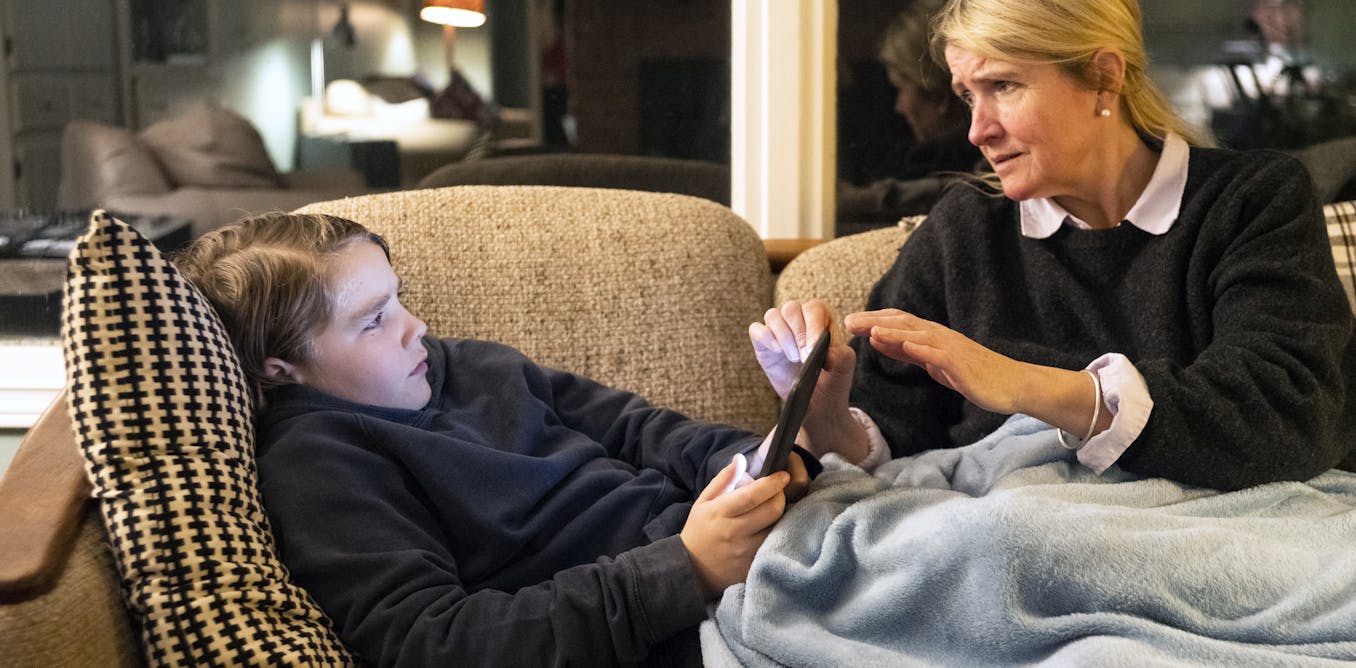Can you change your personality? Psychology research says yes, by tweaking what you think and do
The concept of a personality may sound like it’s set in stone. But personality is really much more flexible − and you can take steps to craft your characteristic thoughts, feelings and behaviors.
Sept. 25, 2024 • ~8 min








